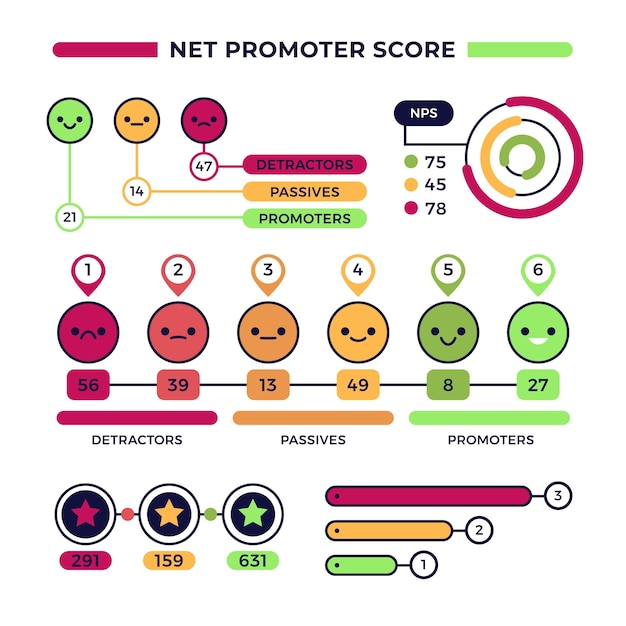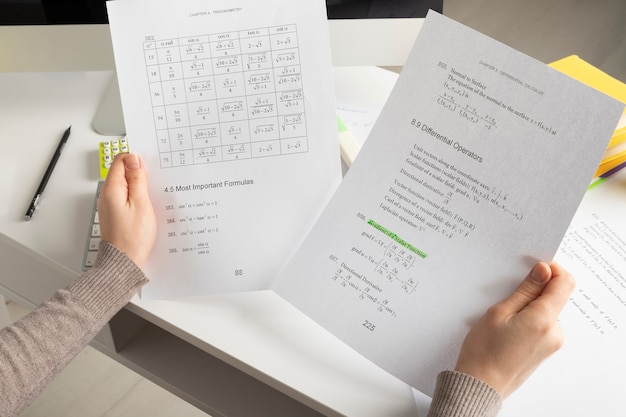
Articles are an essential part of the English language. They are small words that play a big role in sentence structure and convey important information about the nouns they precede. In this article, we will delve into the world of articles, specifically “a,” “an,” and “the.” We will explore their usage, rules, and exceptions, to help you understand and use them correctly.
What are Articles?
Articles are a type of determiner used in English grammar. They are placed before nouns to indicate whether the noun is specific or nonspecific. There are three types of articles: “a,” “an,” and “the.” The choice of article depends on the context and the noun it precedes.
Indefinite Articles: “a” and “an”
The indefinite articles “a” and “an” are used to refer to nonspecific or unspecified nouns. They are used when we mention something for the first time or when the noun does not refer to something specific.
The choice between “a” and “an” depends on the sound of the following word. Use “a” before words that begin with a consonant sound, and use “an” before words that begin with a vowel sound. For example:
| Word | Indefinite Article |
|---|---|
| apple | an |
| book | a |
| elephant | an |
| house | a |
As shown in the table, “an” is used before the word “apple” because it begins with a vowel sound, while “a” is used before the word “book” because it begins with a consonant sound.
Definite Article: “the”
The definite article “the” is used to refer to specific or previously mentioned nouns. It indicates that the noun is unique or known to both the speaker and the listener. Unlike indefinite articles, “the” can be used with both singular and plural nouns.
Here are some situations where “the” is commonly used:
- When referring to a specific noun known to both the speaker and listener. For example, “I saw the cat in the garden.”
- When referring to a noun that has already been mentioned. For example, “I have a dog. The dog is brown.”
- When referring to a noun that is unique. For example, “The sun rises in the east.”
When Not to Use Articles
There are certain cases where articles are not used:
- Before uncountable nouns: Uncountable nouns, such as “water,” “advice,” and “money,” do not require articles. For example, “I need water” (not “I need a water”).
- Before plural nouns used in a general sense: When referring to a plural noun in a general sense, articles are not used. For example, “Cats are cute” (not “The cats are cute”).
- Before proper nouns: Proper nouns, such as names of people or places, do not require articles. For example, “John is my friend” (not “The John is my friend”).
- Before abstract nouns: Abstract nouns, such as “love,” “happiness,” and “freedom,” do not usually require articles. For example, “I believe in love” (not “I believe in the love”).
Exceptions and Special Cases
English grammar always has its exceptions and special cases, and articles are no different. Here are a few exceptions worth noting:
- Zero article with professions: When referring to someone’s profession, we often omit the article. For example, “She is a doctor” becomes “She is doctor.”
- Zero article with meals and transport: When discussing meals or modes of transport, articles are often omitted. For example, “I had breakfast” (not “I had a breakfast”) or “I go to work by bus” (not “I go to work by a bus”).
- Using “the” with singular countable nouns: In some cases, we use “the” before a singular countable noun to refer to all things of that kind. For example, “The lion is a majestic creature” (referring to all lions).
Conclusion
Articles may seem like small words, but their usage has a significant impact on sentence structure and meaning. Understanding the differences between “a,” “an,” and “the” is crucial for effective communication in English. Remember to use “a” and “an” for nonspecific nouns, and “the” for specific or previously mentioned nouns. Be aware of exceptions and special cases, and practice using articles correctly to enhance your English language skills.
Now that you have a better understanding of articles, you can confidently navigate the world of English grammar and improve your overall language proficiency.






